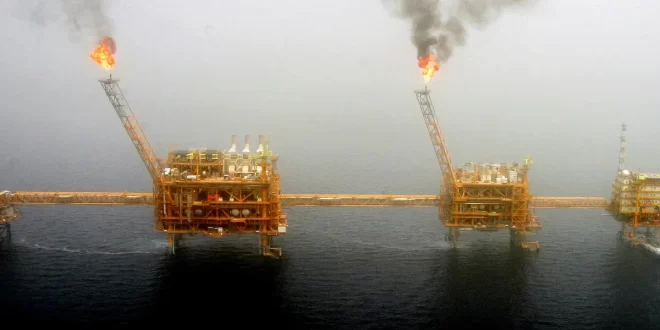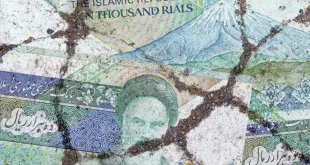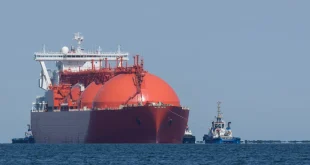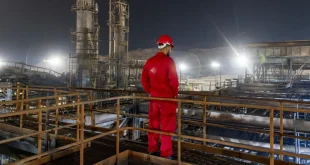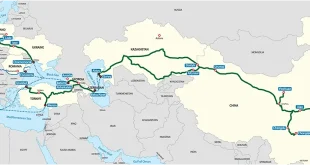Iran’s Chamber of Commerce’s Energy Commission head, Arash Najafi, warns that the natural gas shortage not only affects many sectors but also threatens Iran’s oil fields.
He emphasized that without re-injecting gas into oil deposits, some fields might become unproductive, leading to substantial economic losses for the country’s oil sector.
Reports from Iran’s Ministry of Oil and the US Energy Information Administration indicate that 80 percent of Iran’s oil production comes from aging fields facing pressure drops, resulting in an annual production decline of 8 to 10 percent.
To prevent a rapid decline in oil production, Iran needs to re-inject nearly 300 million cubic meters of gas per day (mcm/d) into its old oil deposits. However, the latest available official data reveals that the actual daily gas re-injection in 2018 was less than 37 million cubic meters. The situation must have deteriorated even further in the past five years, as gas production rapidly declines.
Additionally, the semi-official Fars news agency reported in June 2023 that only 10% of the required gas is being re-injected into the aging fields currently, reflecting a significant decline in gas re-injection to under 30 mcm/d. This gas deficit poses a severe threat to Iran’s oil production and requires urgent attention to avoid economic repercussions.
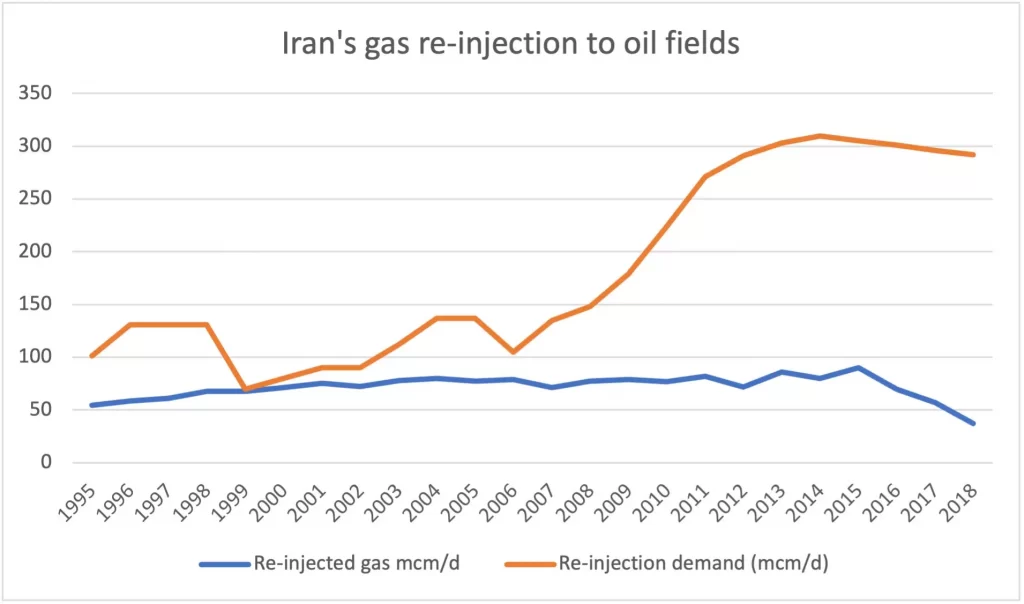
According to estimates from the Parliament’s Research Center and the Ministry of Oil, Iran has injected an average of 70 mcm/d into its oil fields during the last three decades. However, this re-injection rate has sharply declined since 2015.
Iran’s gas production is declining because of decades of inadequate investments and lack of Western technology to increase extraction in Iran’s main under water gas fields in the Persian Gulf. Years of various sanctions and mismanagement have prevented the necessary upgrades of gas platforms.
This reduction is concerning, given the growing need for gas re-injection to maintain oil production levels, which should reach around 300 mcm/d due to more fields entering the second half of their lifespan since 2005.
This reduction is concerning, given the growing need for gas re-injection to maintain oil production levels, which should reach around 300 mcm/d due to more fields entering the second half of their lifespan since 2005.
Currently, the average daily gas injection into these fields is below 30 million cubic meters. Inadequate gas injection not only leads to a decline in oil production but also leaves a substantial portion of oil reserves permanently unrecoverable within the soil.
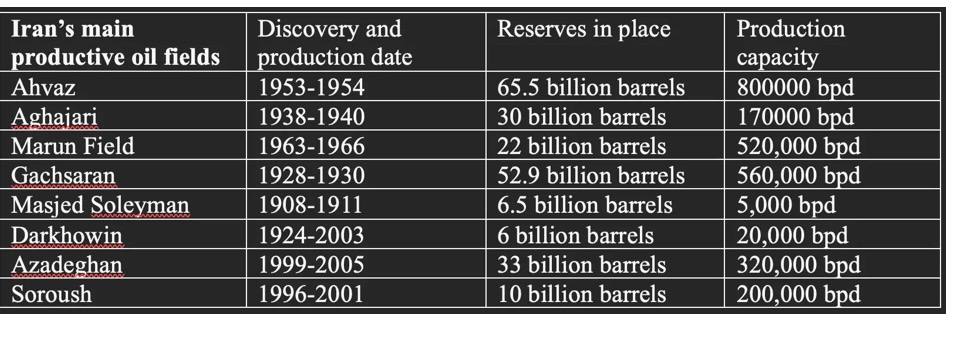
For instance, Iran’s oil fields with 650 billion barrels of oil reserves, typically have a recovery rate of about 20%, meaning only 20% of the oil can be extracted under normal conditions. Over the past two decades, gas re-injection of 70 mcm/d and 250,000 barrels of brackish water has increased Iran’s oil field recovery rate from 20% to 24%, meaning Iran’s recoverable oil reserves stands at 156 billion barrels.
With sufficient gas re-injection, this rate could reach 27-28%, potentially adding around 20 billion barrels to Iran’s extractable oil reserves. Considering the current market values, this additional oil would be worth over $1.5 trillion.
Iran has only tried to compensate for declining oil production by drilling more wells and developing new oil fields over the past two decades.
However, following last winter’s gas deficit of 250 mcm/d, 50 mcm/d more than in 2020, this winter is anticipated to experience a gas deficit of around 300 mcm/d.
Iran, with 33 trillion cubic meters of gas reserves, ranks second globally after Russia. Its annual gas production is approximately 260 billion cubic meters, with 18 billion cubic meters exported to Turkey and Iraq. Due to gas shortage and continuance of its gas exports, Iran’s domestic oil product consumption experienced close to 10% growth last year.
Dr Umud Shokri, Energy Strategist and Senior Visiting Fellow at George Mason University
Dalga Khatinoglu, Azerbaijani expert on Iran’s energy issues

